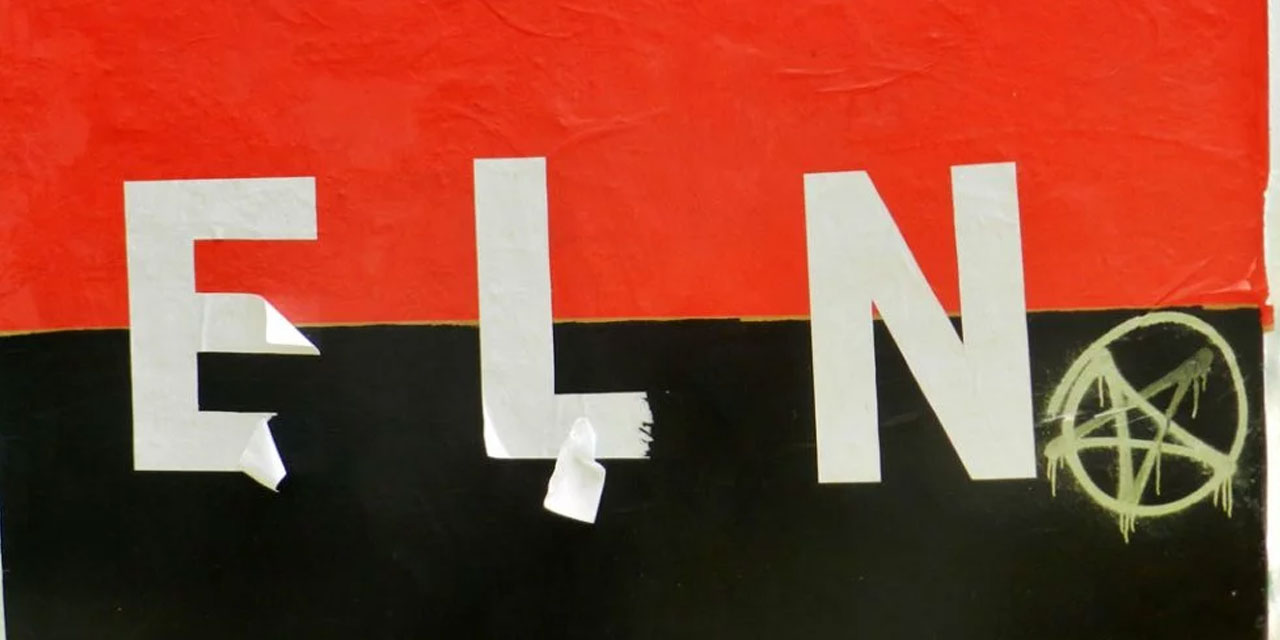Colombia’s government said Saturday that “doors will be open” for peace talks with ELN guerrillas after almost a year of all but closing them.

Miguel Ceballos (Image: President’s Office)
In an interview with newspaper El Espectador, Peace Commissioner Miguel Ceballos revived the possibility of peace talks with the 55-year-old guerrilla group “if the conditions are met.”
Ceballos’ comment is the first indication that the government of President Ivan Duque is willing to resume peace talks since January when a terrorist attack killed 22 police cadets in Bogota.
The ELN has consistently insisted talks that were suspended when Duque took office in August should be resumed.
Colombia’s ELN guerrillas hopeful Duque will resume peace talks
Lots of grandstanding, but no real action
Following the terrorist attack, Duque requested Cuba to extradite the peace negotiators that were waiting on the island, but never formally ended the peace talks
Ceballos said the National Security Council could decide to declare the ELN an organized crime group, which would make peace talks illegal, but this also never happened.
Other than reactivating search warrants for the peace negotiators that weren’t in the country, the government took no formal action that would formally end the peace talks or make them illegal.
In short, the government did nothing but take cosmetic action.
Also the military, which has been bogged down by corruption, barely did anything.
The army reported more ELN guerrillas killed in combat after the terrorist attack, but no more than it did in 2018 when President Juan Manuel Santos was holding peace talks.
Alleged ELN guerrillas killed in combat
Source: Defense Ministry
According to the United Nations, the ELN’s Western War Front has been engaged in combat with paramilitaries of the AGC rather than the military.
According to conflict monitoring NGO Paz y Reconciliacion, the guerrillas have fared well under Duque and have been able to expand territories under their control.
FARC dissidents and ELN guerrillas fared well under Duque: think tank
The growing pressure on Duque
The government has been under increased pressure to resume peace talks that were suspended when Duque took office in August last year.
Strike leaders at the forefront of ongoing anti-government protests demanded the resumption of peace talks and four bishops from the west of the country asked the government and guerrillas to resume talks last week.
Having had no success on the battlefield, Ceballos replanted Duque’s initial conditions to resume peace talks; the release of hostages and an “end to criminal activity.”
This time, the peace commissioner was more specific, saying that “the recruitment of minors, the planting of landmines and attacks on oil infrastructure” are “nonnegotiable.”
This puts the ball in the field of the ELN, which has consistently said it wants to resume peace talks.



